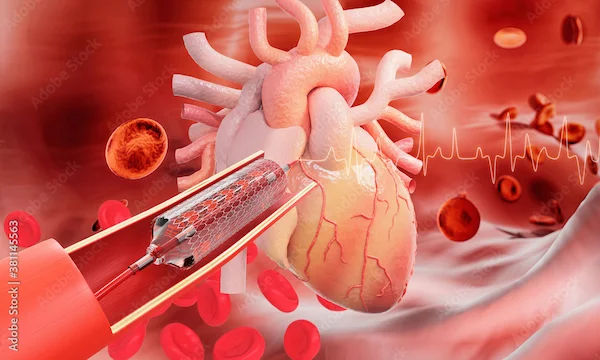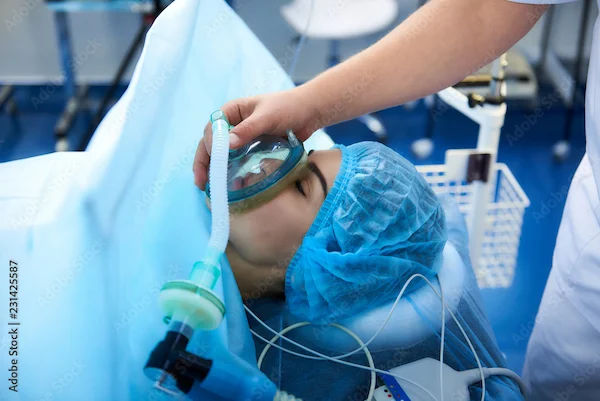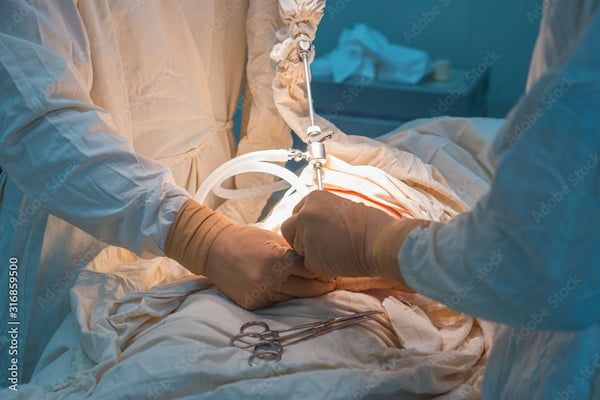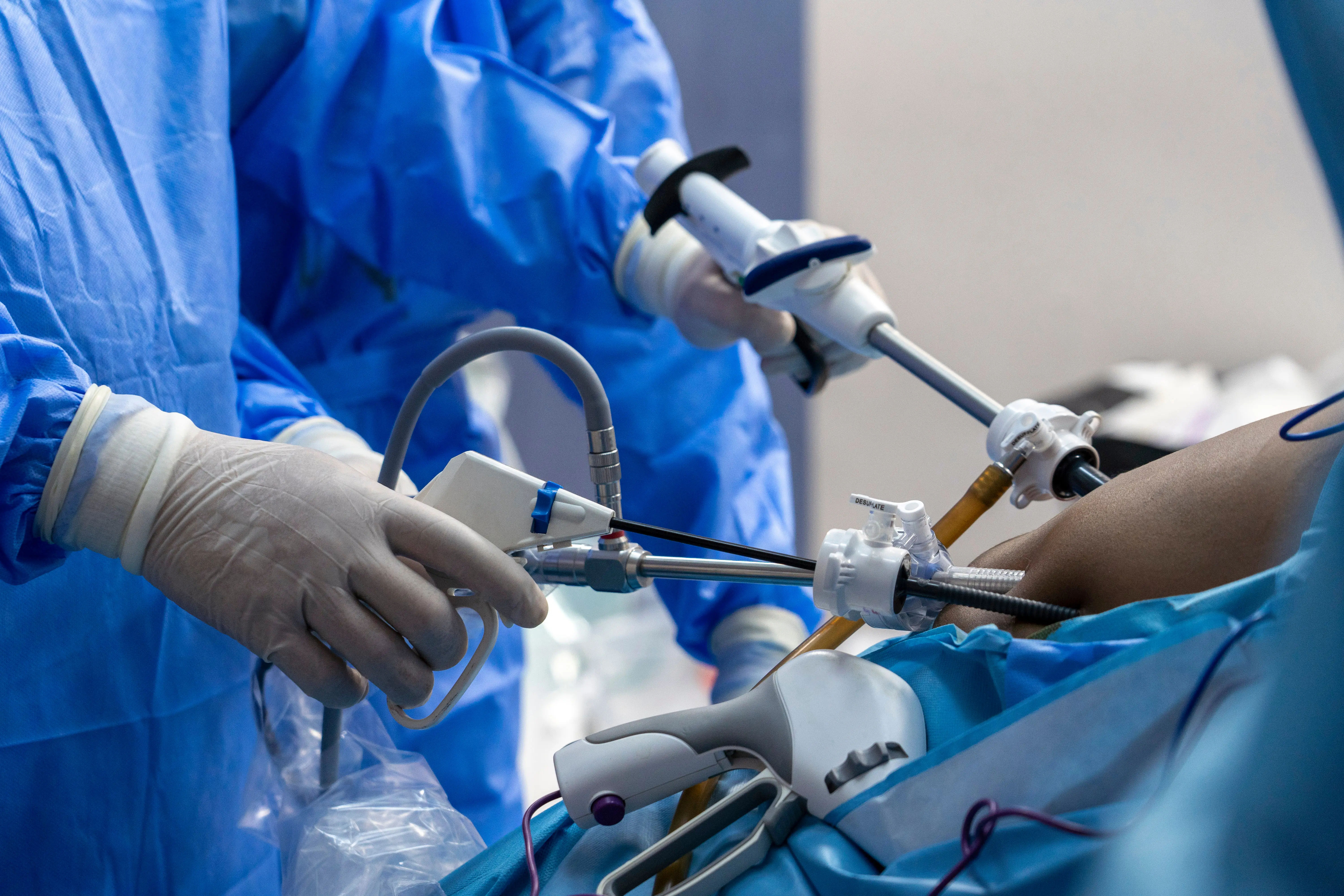Is Ventilator Required After Bypass Surgery?
Wondering if a ventilator is required after bypass surgery? Learn why it's used, how long it lasts, and what to expect during recovery in simple terms.

Written by
Last updated on 21st Jul, 2025
.webp)
Introduction
Undergoing bypass surgery can be a daunting experience, and it’s natural to have questions about what happens afterward—especially regarding the use of a ventilator. If you or a loved one is scheduled for bypass surgery, understanding the role of a ventilator in recovery can help ease concerns.
What Is a Ventilator?
A ventilator is a machine that helps patients breathe when they are unable to do so on their own. It delivers oxygen to the lungs and removes carbon dioxide from the body. Ventilators are commonly used during and after major surgeries, including heart bypass procedures, to support breathing while the body recovers from anaesthesia.
Why Might a Ventilator Be Needed After Bypass Surgery?
Bypass surgery is a major procedure that involves stopping the heart temporarily and using a heart-lung machine to maintain circulation. After surgery, patients may need a ventilator for the following reasons:
1. Effects of Anaesthesia – General anaesthesia can temporarily slow down breathing, making it difficult for patients to breathe independently immediately after surgery.
2. Reduced Lung Function – Lying flat for an extended period during surgery can cause fluid buildup in the lungs, requiring temporary breathing support.
3. Pain and Weakness – Chest incisions and muscle weakness may make deep breathing painful, necessitating ventilator assistance.
4. Medical Complications – In rare cases, complications like pneumonia or excessive bleeding may prolong the need for a ventilator.
Consult Top Specialists for Personalised Heart Health Advice
How Long Is a Ventilator Used After Bypass Surgery?
Most patients are weaned off the ventilator within 6 to 24 hours after surgery, depending on:
- Overall health – Patients with pre-existing lung conditions may need longer support.
- Surgical complexity – Longer surgeries may require extended ventilator use.
- Recovery speed – Some patients regain breathing strength faster than others.
In most cases, the breathing tube is removed as soon as the patient is stable and able to breathe independently.
What Happens When the Ventilator Is Removed?
Once the medical team determines that a patient can breathe on their own, the breathing tube is carefully removed. Patients may experience:
- A sore throat due to the tube.
- Coughing or hoarseness, which usually improves within a day or two.
- Encouragement to take deep breaths to prevent lung complications.
Tips for a Smooth Recovery After Bypass Surgery
To help speed up recovery and reduce the need for prolonged ventilator use, patients can follow these steps:
1. Practice Deep Breathing Exercises
- Helps prevent lung infections.
- Strengthens breathing muscles.
- Follow the doctor’s advice on using an incentive spirometer—a device to improve lung function.
2. Stay Active (As Advised by the Doctor)
- Gentle movement helps prevent blood clots and improves circulation.
- Walking short distances, with assistance, as soon as possible.
3. Follow a Heart-Healthy Diet
- Low-sodium, low-fat meals to support healing.
- Plenty of fruits, vegetables, and lean proteins.
4. Manage Pain Effectively
- Take prescribed pain relief to breathe more comfortably.
- Avoid suppressing coughs as clearing the lungs is important.
5. Attend Cardiac Rehabilitation
- Supervised exercise and education to strengthen the heart.
- Reduces the risk of future heart problems.
When to Seek Medical Help
While most patients recover well, contact your doctor if you notice:
- Difficulty breathing after the ventilator is removed.
- High fever or signs of infection.
- Excessive chest pain or swelling.
Final Thoughts
While the idea of being on a ventilator can be unsettling, it’s a standard part of recovery for many bypass surgery patients. The medical team closely monitors each patient to ensure they are weaned off the ventilator as soon as safely possible. By following post-surgery care instructions, patients can improve their recovery and reduce complications.
If you have concerns about bypass surgery or post-operative care, consult a heart specialist. You can easily book a consultation or schedule tests through Apollo 24|7 for expert guidance.
Consult Top Cardiologists
Consult Top Cardiologists

Dr. Amit. A. Bharadiya
Cardiologist
12 Years • MBBS, MD General Medicine, DNB Cardiology, FSCAI
Maharashtra
Surabhi Hospital, Maharashtra, Maharashtra

Dr. S B Bhattacharyya
Cardiologist
22 Years • MBBS, MD(General Medicine),DM (Cardiology)
Kolkata
Gariaheart Clinic, Kolkata
Dr. Jayarajah Mariappan
Cardiologist
45 Years • MBBS, MD(GEN MEDICINE), DM(CARDIOLOGY)
Chennai
Sooriya Hospital, Chennai
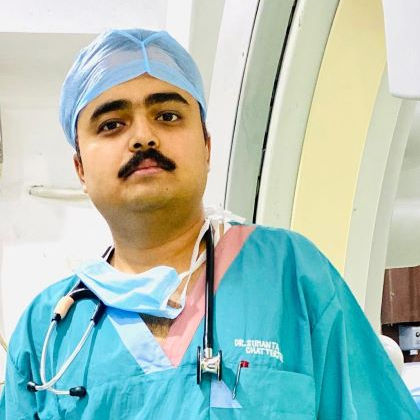
Dr. Sumanta Chatterjee
Cardiologist
12 Years • MBBS,MD General Medicine,DM Cardiology
Kolkata
HealthYou Speciality Clinic & Diagnostics., Kolkata
(25+ Patients)
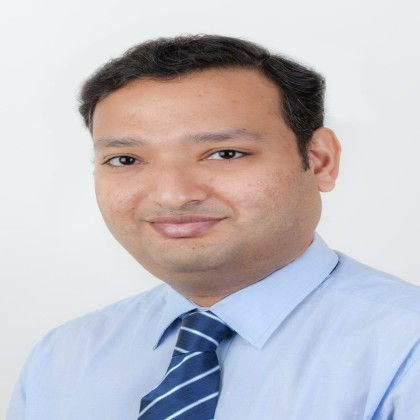
Dr. Mangesh Danej
Cardiologist
8 Years • MBBS, MD (General Medicine), DNB (Cardiology)
Pune
Dr Danej clinic, Pune
(375+ Patients)
Consult Top Specialists for Personalised Heart Health Advice

Dr. Amit. A. Bharadiya
Cardiologist
12 Years • MBBS, MD General Medicine, DNB Cardiology, FSCAI
Maharashtra
Surabhi Hospital, Maharashtra, Maharashtra

Dr. S B Bhattacharyya
Cardiologist
22 Years • MBBS, MD(General Medicine),DM (Cardiology)
Kolkata
Gariaheart Clinic, Kolkata
Dr. Jayarajah Mariappan
Cardiologist
45 Years • MBBS, MD(GEN MEDICINE), DM(CARDIOLOGY)
Chennai
Sooriya Hospital, Chennai

Dr. Sumanta Chatterjee
Cardiologist
12 Years • MBBS,MD General Medicine,DM Cardiology
Kolkata
HealthYou Speciality Clinic & Diagnostics., Kolkata
(25+ Patients)

Dr. Mangesh Danej
Cardiologist
8 Years • MBBS, MD (General Medicine), DNB (Cardiology)
Pune
Dr Danej clinic, Pune
(375+ Patients)
